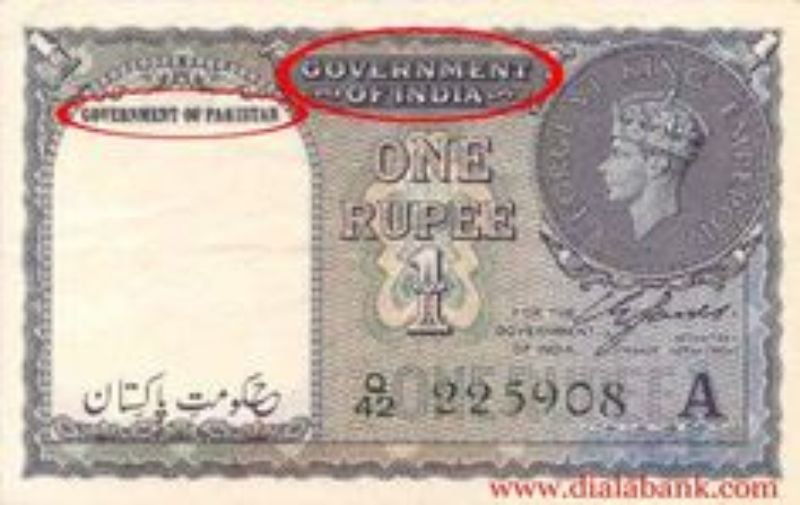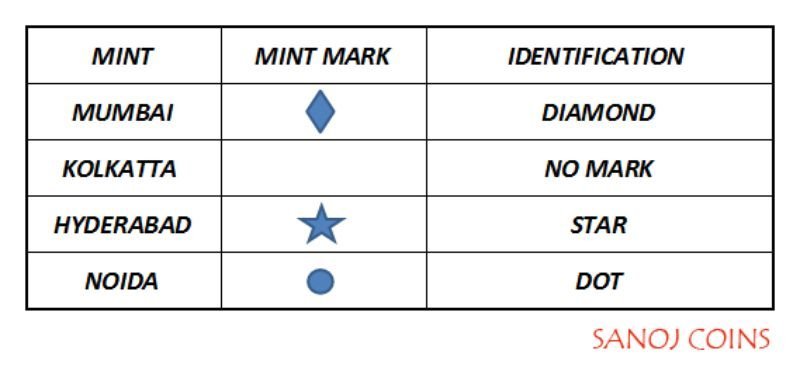1. 5,000 and 10,000 rupees notes were in circulation between 1954 and 1978

Source : Rsomani
2. After Independence, Pakistan used Indian Rupee notes stamped with 'Pakistan' until it could print enough.

Source : Pinterest
3. One rupee notes are issued by the Ministry of Finance and bear the signature of the Secretary.
Source : Answers
4. The rupee was the currency of several other countries like Aden, Oman, Kuwait, Bahrain, Qatar, the Trucial States, Kenya, Uganda, the Seychelles and Mauritius in the early 20th Century.
5. ₹500 and ₹1000 notes are banned in Nepal.

Source : Wiki
6. At one time, 5 rupee coins were smuggled to Bangladesh for making razors.

Source : Dreamstine
7. To type the symbol of the rupee, you need to press 'Ctrl+Shift+$'.

Source : Gotta be mobile
8. Cost of minting a 10 ₹ coin is 6.10₹

Source : Picturejockey
9. Because of shortage, the RBI has been forced to mint coins in foreign countries in the past.
10. It is possible to find out which place a particular coin was minted at by determining the mark below the date of minting with this table :

Source : Blogspot
11. Apart from Hindi and English which appear on the front side of a note, 15 other languages appear on the reverse side.

Source : wiki
12. If you have a torn note, or more than 51% of its torn part, you can exchange it for a new one at a bank.

Source : Instructables
13. In 1917, the ₹ was mightier than the $. 1 ₹= 13 USD to be precise.

Source : Dollars2Rupees
14. All notes carry an imprint of something Indian. Like the 20₹ note carries the imprint of the Andaman Islands.

Source : Know Andamans
15. Zero rupee notes were issued by the NGO 5th Pillar to fight corruption.

Source : Wiki

No comments:
Post a Comment